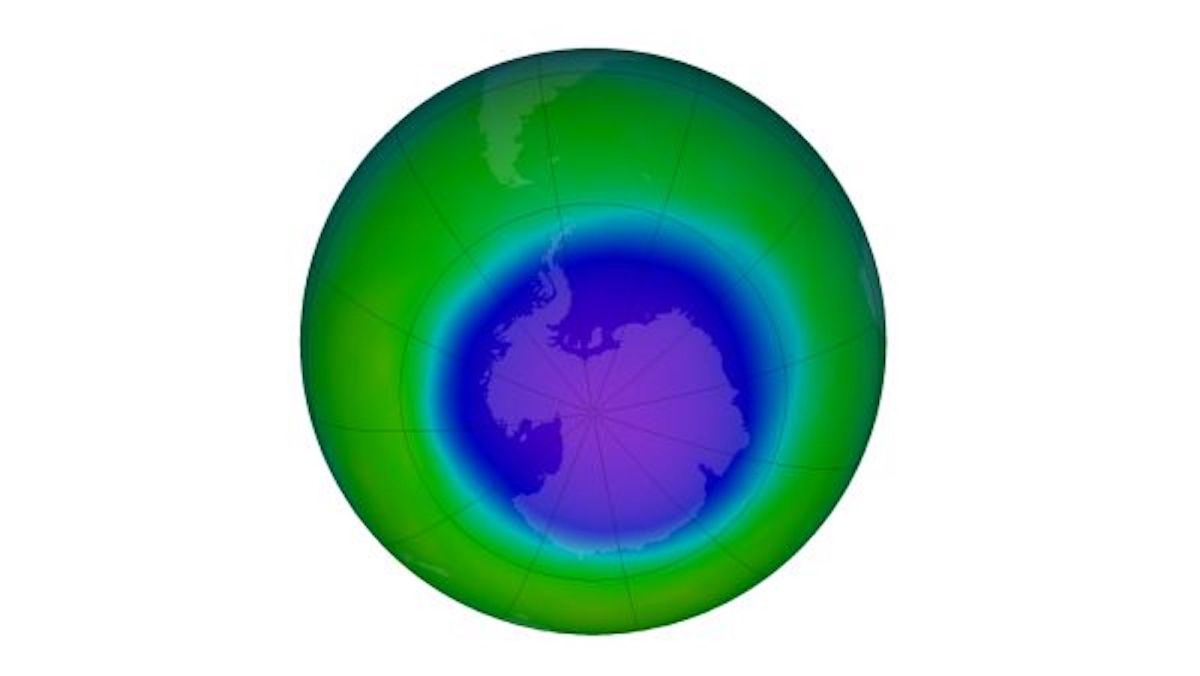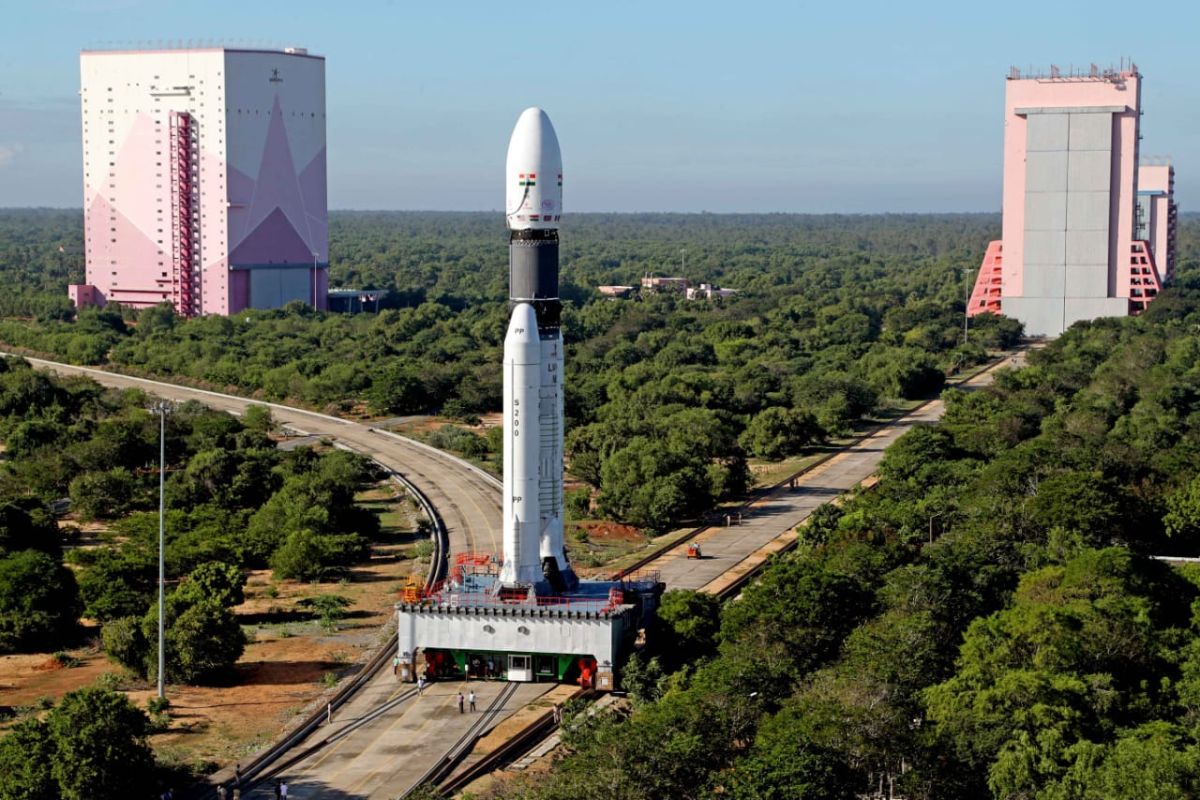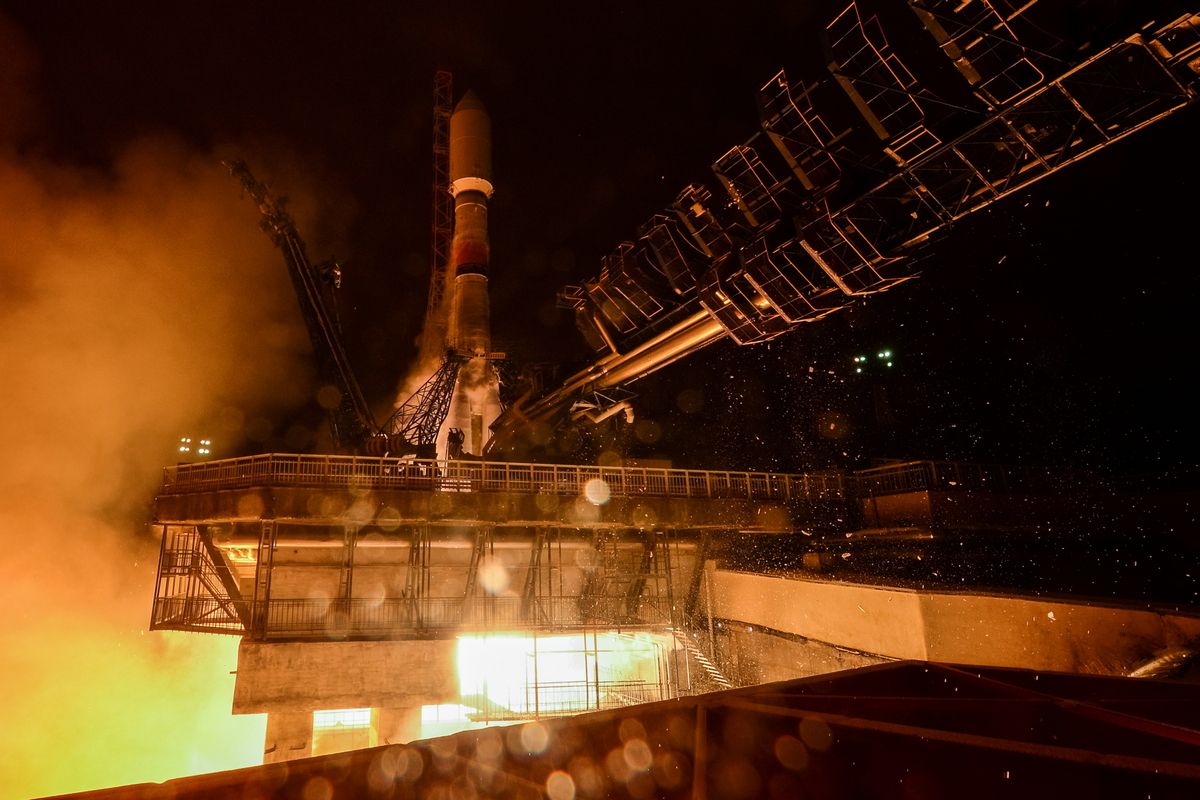Over the next couple of weeks two eclipses will be taking place. Early on the morning of Tuesday, Nov. 8, the moon will plunge completely into the shadow of the Earth producing a total lunar eclipse that will be visible from North America as well as parts of South America, central and eastern Asia, Australia and New Zealand. But as a prelude, two weeks prior to this event, on Tuesday, Oct. 25, the new moon will orbit between the sun and the Earth, causing a partial eclipse of the…
Read MoreMonth: October 2022
#MeToo in space: We must address the potential for sexual harassment and assault away from Earth
This article was originally published at The Conversation. The publication contributed the article to Space.com’s Expert Voices: Op-Ed & Insights. Simon Dubé (opens in new tab), PhD candidate, Psychology of Human Sexuality, Erobotics & Space Sexology, Concordia University Judith Lapierre (opens in new tab), Professor, Faculty of Nursing Science, Université Laval Maria Santaguida (opens in new tab), PhD Candidate in Psychology, Concordia University A new dawn of space exploration is upon us. NASA aims to land the first woman and person of color on the moon by the end of 2025, and send a crew…
Read MoreForged Galileo manuscript leads experts to controversial book he secretly wrote
A previously unpublished note by Galileo refers to criticism by the Italian scholar Ludovico delle Colombe, who had suggested that the “new star” seen in 1604 was always there, but had only recently been seen. (Image credit: By permission of the Ministry of Culture, National Central Library of Florence – Any further reproduction by any means is prohibited) The revelation in August that a manuscript attributed to Galileo Galilei was a forgery has led to the discovery of a different book that the celebrated Italian astronomer actually did write, but…
Read More‘Spooky action at a distance’ can lead to a multiverse. Here’s how.
Some interpretations of quantum mechanics propose that our entire universe is described by a single universal wave function that constantly splits and multiplies, producing a new reality for every possible quantum interaction. That’s quite a bold statement. So how do we get there? One of the earliest realizations in the history of quantum mechanics is that matter has a wave-like property. The first to propose this was French physicist Louis de Broglie, who argued that every subatomic particle has a wave associated with it, just like light can behave like…
Read MoreHole in the ozone layer has grown for a 3rd year in a row — but scientists aren’t concerned
The ozone hole that forms yearly over Antarctica has grown for the third year in a row. At nearly 10 million square miles (26.4 million square kilometers), the ozone hole (opens in new tab) is the largest it’s been since 2015. But despite that growth, scientists say that the hole’s size is still on a downward trend overall. “All the data says that ozone is on the mend,” Paul Newman, NASA Goddard Space Flight Center‘s chief Earth scientist, told the Associated Press (opens in new tab). The ozone hole was…
Read MoreWatch Indian rocket launch 36 OneWeb internet satellites Saturday
An Indian rocket will launch 36 of OneWeb’s internet satellites to orbit on Saturday (Oct. 22), and you can watch the action live. A GSLV (“Geosynchronous Satellite Launch Vehicle”) Mark III rocket is scheduled to launch the satellites Saturday at 2:37 p.m. EDT (1837 GMT; 12:07 a.m. India Standard Time on Oct. 23) from Satish Dhawan Space Centre in Sriharikota, a barrier island just off India’s southeastern coast. Watch it live here at Space.com, courtesy of OneWeb, or directly via the company (opens in new tab). Coverage is expected to…
Read MoreRussian Soyuz rocket launches 2 classified military satellites
Russia launched two more military satellites to orbit on Friday (Oct. 21), continuing a busy spaceflight stretch for the nation. A Soyuz-2-1v rocket lifted off from Plesetsk Cosmodrome in northwestern Russia Friday at 3:20 p.m. EDT (1920 GMT; 10:20 p.m. Moscow time), carrying two classified payloads to orbit. “According to unofficial posts on the Novosti Kosmonavtiki web forum, the rocket was expected to deliver a pair of new-generation military satellites designated 14F164 and 14F172,” Anatoly Zak wrote on RussianSpaceWeb.com (opens in new tab). “These indexes were not associated with publicly known projects,”…
Read MoreNASA Coverage Set for NOAA’s Joint Polar Satellite System-2 Launch
NASA will provide coverage of the upcoming prelaunch and launch activities for the National Oceanic and Atmospheric Administration’s (NOAA) Joint Polar Satellite System-2 (JPSS-2) mission. JPSS-2 is the third satellite in the polar satellite series and is expected to capture data to improve weather forecasts, helping scientists predict and prepare
Read MoreNASA to Host Briefing on InSight, Mars Reconnaissance Orbiter Findings
NASA will host a virtual media briefing at 2 p.m. EDT on Thursday, Oct. 27, to share new scientific findings based on observations from the agency’s InSight Mars lander and Mars Reconnaissance Orbiter (MRO).
Read MoreNASA to Discuss Latest EMIT Findings, Helps Address Climate Change
NASA will host a media teleconference at 3 p.m. EDT Tuesday, Oct. 25, to discuss the latest findings of the agency’s Earth Surface Mineral Dust Source Investigation (EMIT), including a new, unanticipated capability which will help better understand impacts of climate change.
Read More

